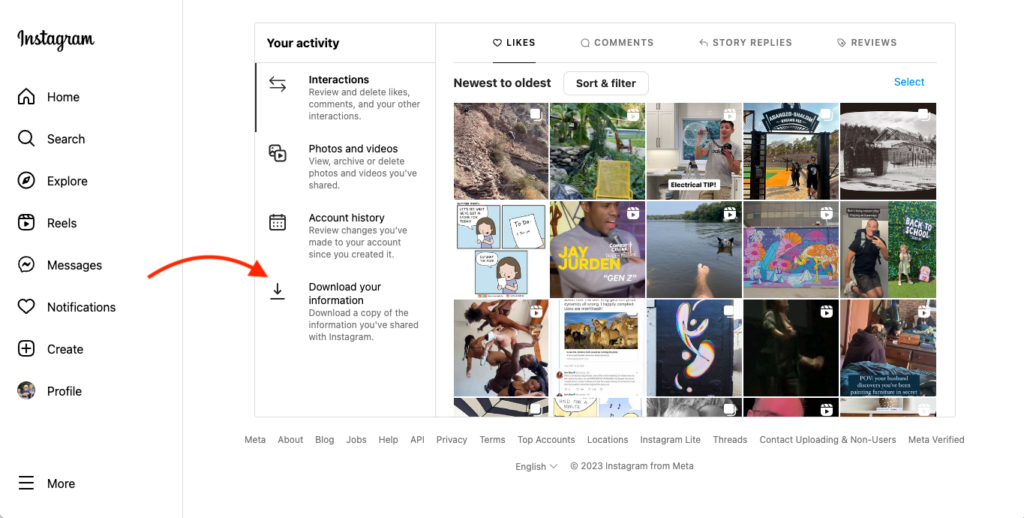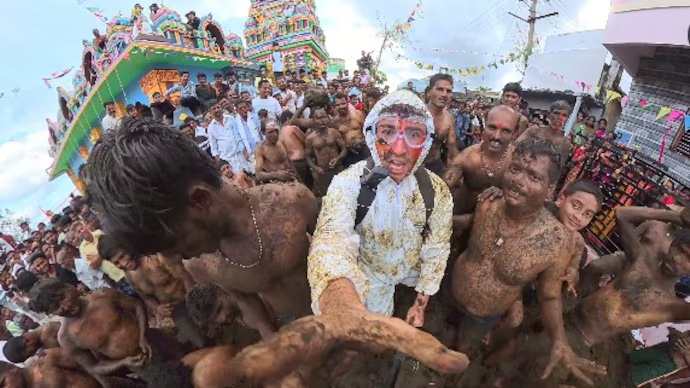Now Reading: Why Everyone Wants to Be an “Expert” Now
-
01
Why Everyone Wants to Be an “Expert” Now
Why Everyone Wants to Be an “Expert” Now

In India, especially in Tier 2 and Tier 3 cities, there is a growing trend of individuals presenting themselves as experts online. Social media and content platforms allow anyone to share opinions, tips, or advice, often giving the impression of authority. This desire to be seen as knowledgeable reflects both the pursuit of recognition and the appeal of digital influence, where perceived expertise can bring status, opportunities, and validation.
One reason for this trend is visibility. Platforms reward content that appears confident and informative, encouraging users to package opinions as expert advice. Quick fame or social approval can make individuals equate online authority with real-world competence, even without formal credentials.
Another factor is social pressure. Observing peers, influencers, or creators gain attention for their expertise can motivate others to do the same. This can lead to a culture where everyone feels compelled to share insights, sometimes without adequate knowledge or experience.
The consequences can be mixed. On one hand, sharing information can foster learning and discussion. On the other, it can spread misinformation or create unrealistic expectations of authority. For audiences in smaller cities, where access to verified information may be limited, the influence of self-proclaimed experts can be significant.
Navigating this trend requires critical thinking. Evaluating the credibility of sources, distinguishing opinion from fact, and recognizing the difference between confidence and expertise can help audiences engage responsibly.
Ultimately, the drive to be an “expert” reflects the intersection of digital validation and personal ambition. Understanding its dynamics allows individuals to contribute meaningfully online while remaining grounded in genuine knowledge and authenticity.

























